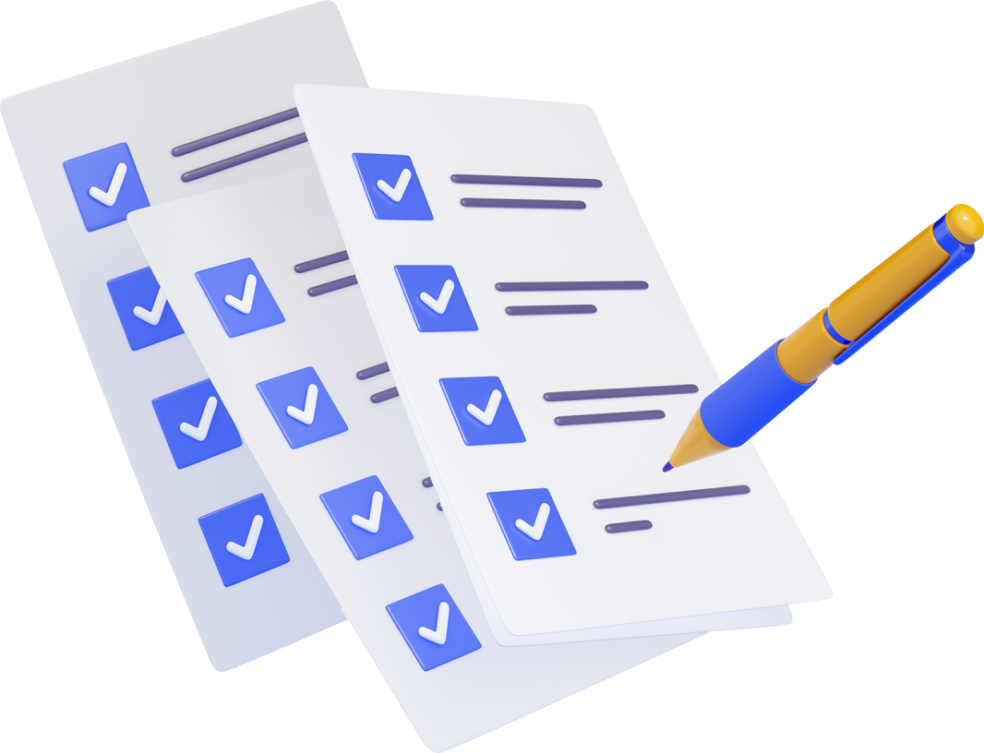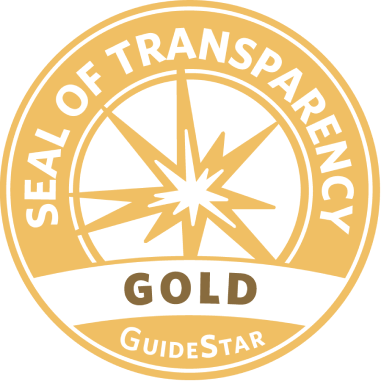For many women in Iran and Afghanistan, literacy is more than just reading and writing—it is a gateway to freedom. In societies where education for women is restricted, the ability to read can mean the difference between a life of oppression and one of opportunity. Literacy empowers women to make informed choices, find employment, and raise their voices in a world that often tries to silence them.
Education has the power to break cycles of poverty, violence, and discrimination. It is not just about acquiring knowledge—it is about transforming lives.
Breaking the Chains of Oppression
Illiteracy is one of the strongest barriers to independence. In many regions, women are denied access to education because oppressive systems know that knowledge is power. Without literacy, women are unable to:
- Read laws or understand their rights, making them more vulnerable to injustice.
- Access information about healthcare, leaving them at greater risk of illness and preventable deaths.
- Find job opportunities, keeping them financially dependent on male family members.
By learning to read and write, women take the first step toward reclaiming control over their lives. They can navigate the world with confidence, knowing that they are no longer at the mercy of those who wish to keep them powerless.
Creating Economic Opportunities
Literacy opens the door to economic independence. Women who can read and write are more likely to secure jobs, start businesses, and support their families. In many cases, even basic literacy skills allow women to:
- Work in offices, schools, or community centers.
- Run small businesses, such as tailoring, baking, or selling handmade goods.
- Access online jobs, such as tutoring, customer service, or freelance writing.
With financial independence comes freedom. Women who earn their own income have greater control over their futures, giving them the power to make choices about their education, marriage, and personal well-being.
Empowering the Next Generation
Education does not just transform individual lives—it creates a ripple effect that reaches entire communities. When women are educated, they pass that knowledge on to their children, ensuring that future generations have better opportunities. Studies show that children of literate mothers are:
- More likely to attend school.
- Less likely to experience malnutrition.
- More equipped to break free from poverty.
By investing in women’s education, societies invest in stronger, healthier, and more prosperous communities.
A Voice for Change
Literacy is also a tool for advocacy. When women can read and write, they can share their experiences, challenge injustice, and demand change. Whether through social media, storytelling, or activism, literacy gives women a voice that cannot be ignored.
A Brighter Future Begins with Education
For many women in Iran and Afghanistan, literacy is a lifeline. It is a means of survival, a step toward independence, and a pathway to a better future. Every book read, every word written, and every lesson learned is an act of resistance—and a promise of hope.
Education does not just change lives. It saves them.

